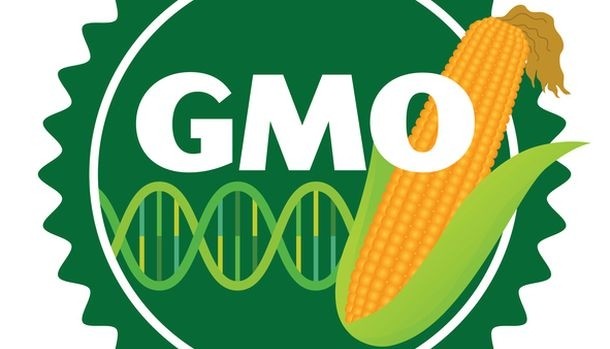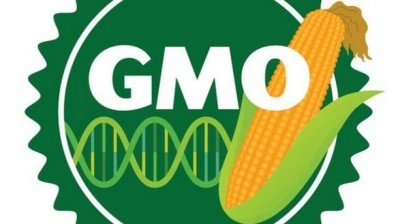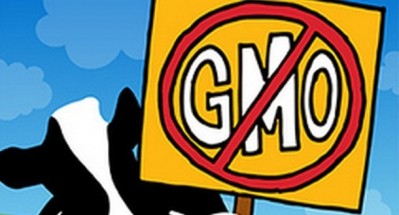CANADA: House of Commons to vote on GMO labeling bill on May 17
Canadian GMO labeling debate heats up ahead of May 17 vote

The private members bill C-291 – introduced by Pierre-Luc Dusseault, the NDP (New Democratic Party) MP for Sherbrooke, Québec - is short on detail, specifying only that the Food and Drugs Act be amended such that “No person shall sell any food that is genetically modified unless its label contains information … to prevent the purchaser or the consumer of the food from being deceived or misled in respect of its composition.”
The term ‘genetically modified’ is not defined in the bill, which generated a lot of discussion during the second reading, with opponents arguing that the wording is too vague and supporters arguing that such vagary provides important ‘latitude.’
Drouin: Bill could perpetuate myths
Addressing MPs in March, Francis Drouin (Glengarry—Prescott—Russell, Lib.), said supporters of the bill were being disingenuous by arguing that it is simply about greater transparency, adding: “Let us be honest: this bill is calling for the mandatory labeling of genetically modified foods so that people will choose not to buy them.
“Going ahead with this will help perpetuate the myth that genetically modified foods are unhealthy, which is false. In fact, foods are no more safe or nutritious if they do not contain genetically modified ingredients.”
Jean-Claude Poissant Parliamentary Secretary to the Minister of Agriculture and Agri-Food, added: “Far from better informing the public, adopting mandatory labeling of genetically modified foods could, in fact, result in misinformation. Mandatory labeling of genetically modified foods could have the unintended effect of reinforcing the notion that foods bearing a GM label are not as safe and nutritious as their non-GM counterparts.”
Dusseault: Give consumers some credit
However, Dusseault insisted that it was “patently false,” to describe the bill as ‘anti-GMO’ (although it has widespread support from anti-GMO organizations).
He added: “What surprised me the most in today's debate is what the Parliamentary Secretary to the Minister of Agriculture and Agri-Food said… He basically said that giving consumers more information would result in misinformation. That is ridiculous. That suggests that he thinks Canadians are too stupid to figure things out and will be misled by labels with too much information. Come on…”
Potentially confusing label information?
The Canadian government is not backing the bill, said Joël Lightbound (Louis-Hébert , Québec) Parliamentary Secretary to the Minister of Health, during a March 10 debate: “Canadians are informed consumers and it is important that they remain so. This includes having information on food labels when there are health risks and, equally, not having potentially confusing label information when health risks do not exist.
“The bill does not align with the government’s role to improve the health and safety of all Canadians and to better protect consumers from fraudulent practices.
What does 'genetically modified' mean?
He added: “What does 'genetically modified' mean? First, genetically modified food is not merely food that has been genetically engineered. Genetically modified food is simply food derived from an organism that has had modifications made to some of its genetic traits. It can involve using chemicals or radiation to alter the genetic makeup of an organism’s cells in a process called mutagenesis used, for example, to develop varieties of Canada’s world-renowned canola. It can also involve joining DNA from two different species to produce new genetic combinations that are of use in agriculture, such as those used to develop Canada’s groundbreaking, non-browning Arctic apple.
“Given that science supports genetically modified foods as being as safe and nutritious as their conventional counterparts, and the fact that voluntary labeling measures are already in place, the government will not be supporting Bill C-291.”
US federal GMO labeling law
The debate in Canada follows the passage of the National Bioengineered Food Disclosure Law in the US, which was signed into law by President Obama in 2016.
Under the law, USDA was tasked with setting up a "national mandatory bioengineered food disclosure standard" by summer 2018 with which manufacturers will have to comply at least a year after the standard is agreed (ie. around 2019 - although this timetable is now potentially in question).
While the legislation requires mandatory disclosures on food labels, there is some flexibility over the form they can take - a compromise the Grocery Manufacturers Association (GMA) says it can support. However, anti-GMO activists remain staunchly opposed, primarily because it allows companies to use QR codes or other symbols instead of forcing them to state on pack that a product uses GMOs.










